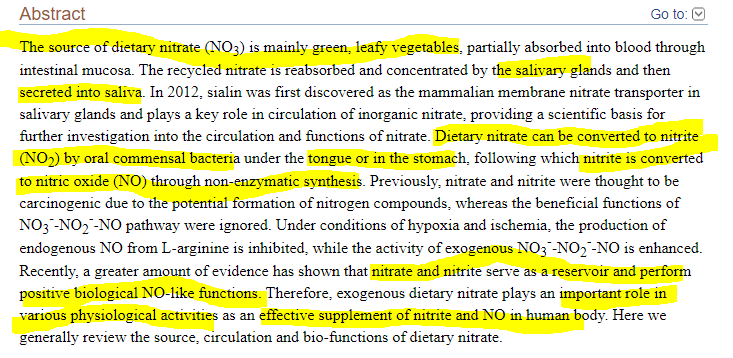Protein isn’t a problem for anyone who focus on it (athletes should really focus on it but they fortunately tend to need more calories as well and that helps), it never would be a problem for me (I don’t eat little. I can’t eat little even ignoring the carbs. it helps a lot), lots of plants have so much protein if we don’t focus on low-protein carb sources (and eat enough)… But most vegans do just that for some reason, at least most vegan recipes I saw were like that. And all those carbs aren’t good for probably most people…
Newbies probably get charmed by all those sweets too and those are filled with starches and sugar and sometimes I wonder (especially if someone is a young dieting woman with a tiny calorie limit) that when they eat something remotely normal food if they eat fruit with oats all day? (I saw 1200 kcals split into 5 meals and 3 of them contained desserts on a popular page for dieters with a focus on vegans.) And possibly some oil as poor cakes need something that makes them borderline edible (sorry, I am biased), some dieters are willing to eat some added fat…
Proper longer term (or smarter) vegans are hopefully better than that…
But indeed, many people are skilled at avoiding protein. Honestly, I don’t know how they do that. If I tried very, very hard on a plant-based diet, I might go down to my lower adequate level and that’s it.
The worst is when they think they shouldn’t go over 30-40g protein. I saw that from vegans. How would they eat enough protein if they do their best NOT to?
So… I find misinformation the biggest problem. Many people THINK they eat as they should while eating horribly. I saw the mentioned low protein, 0.8g/kg as an UPPER limit. I was shocked. It’s one thing it’s dangerous nonsense but how they do that? I couldn’t even touch most plants as they are too protein rich for that, most animal products would be completely out of question as well, I would fail on the first days if that would be a short term challenge… Very basic common sense says it can’t be even remotely right and I don’t even need to think of some very natural food like eggs and meat. People are scary sometimes. And they totally write their nonsense as advice for others…


